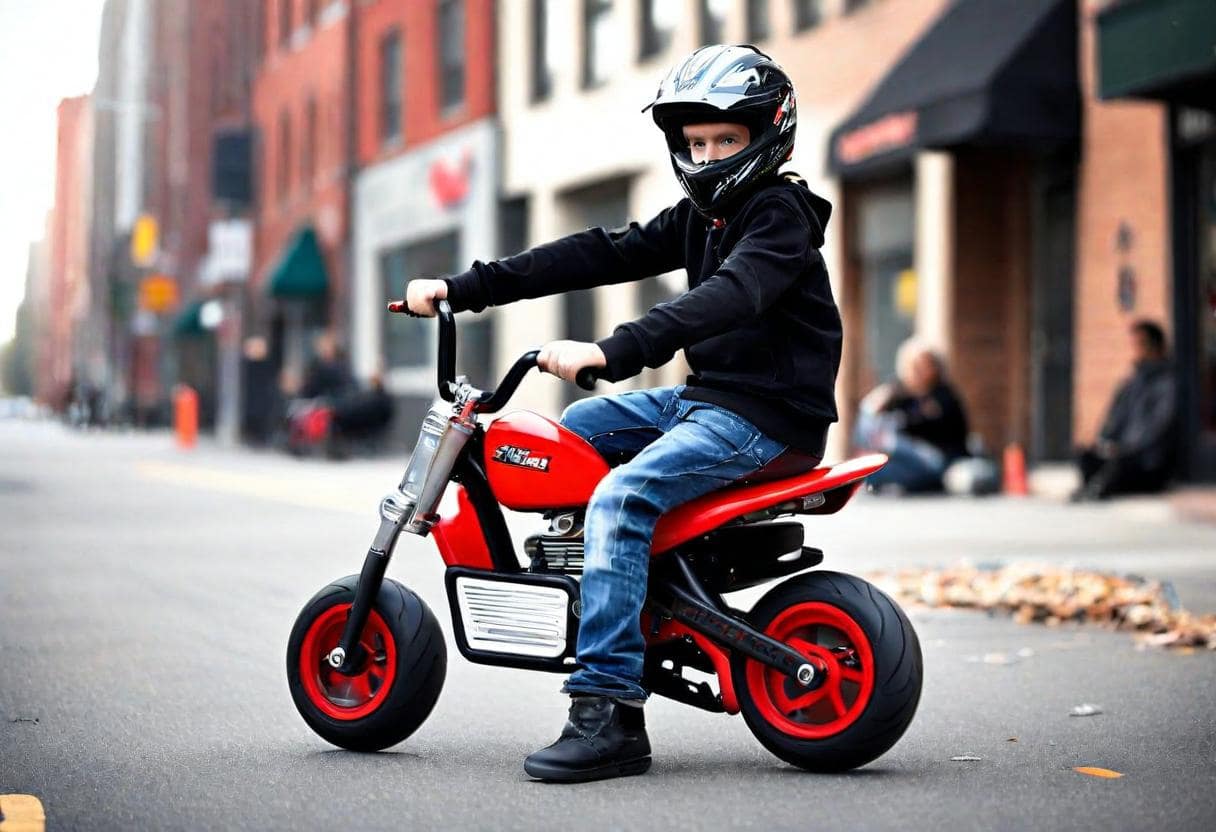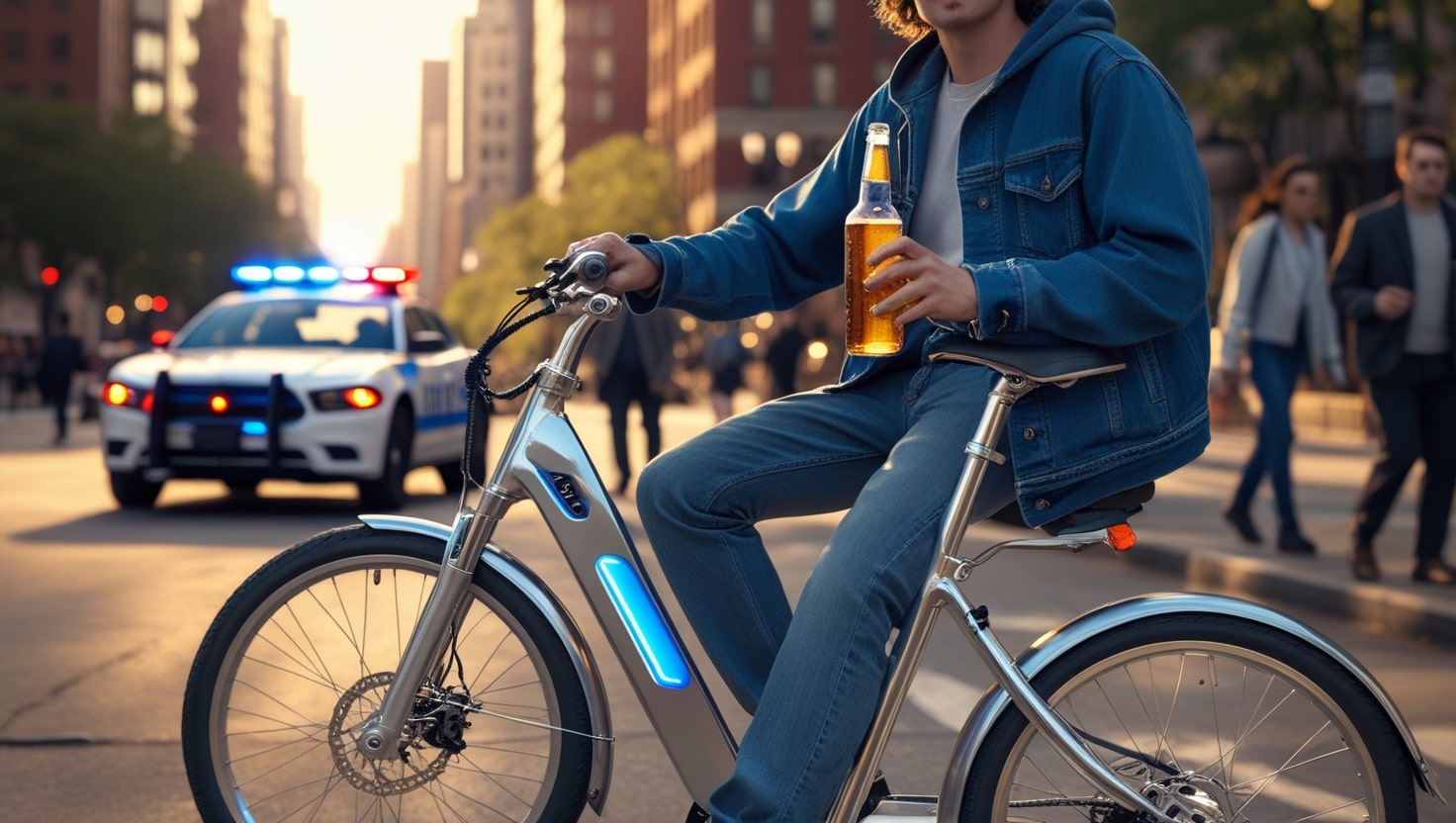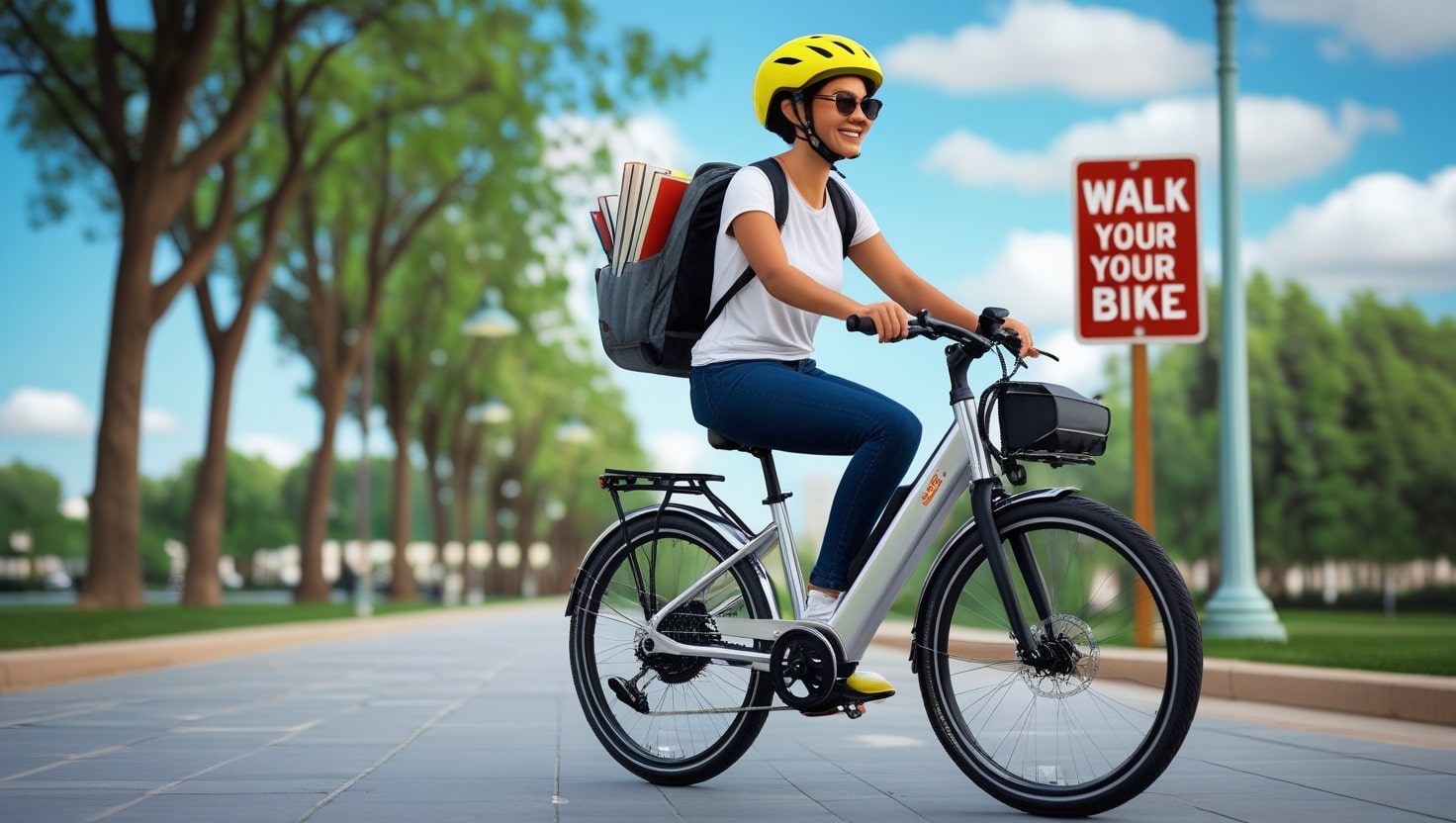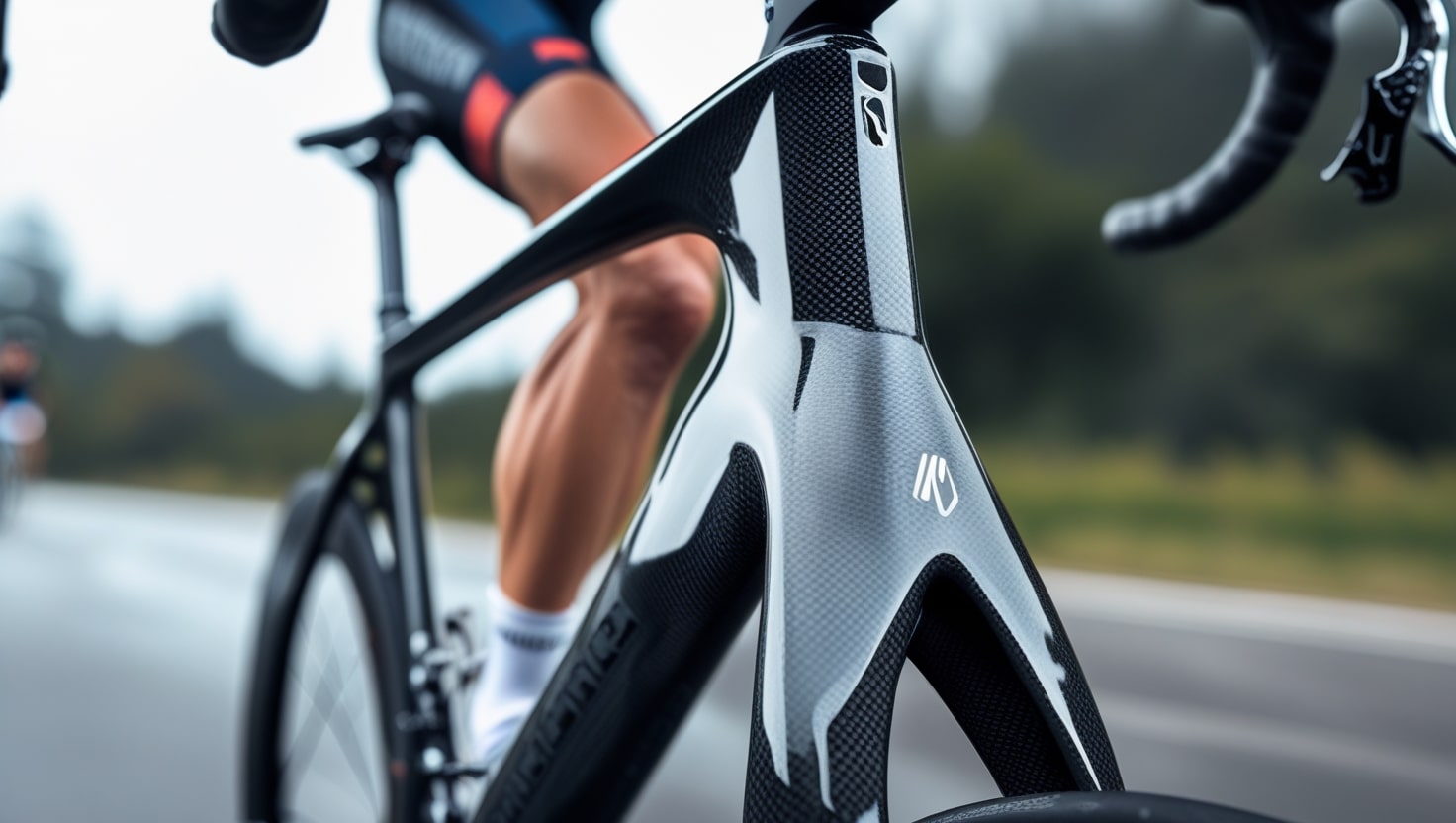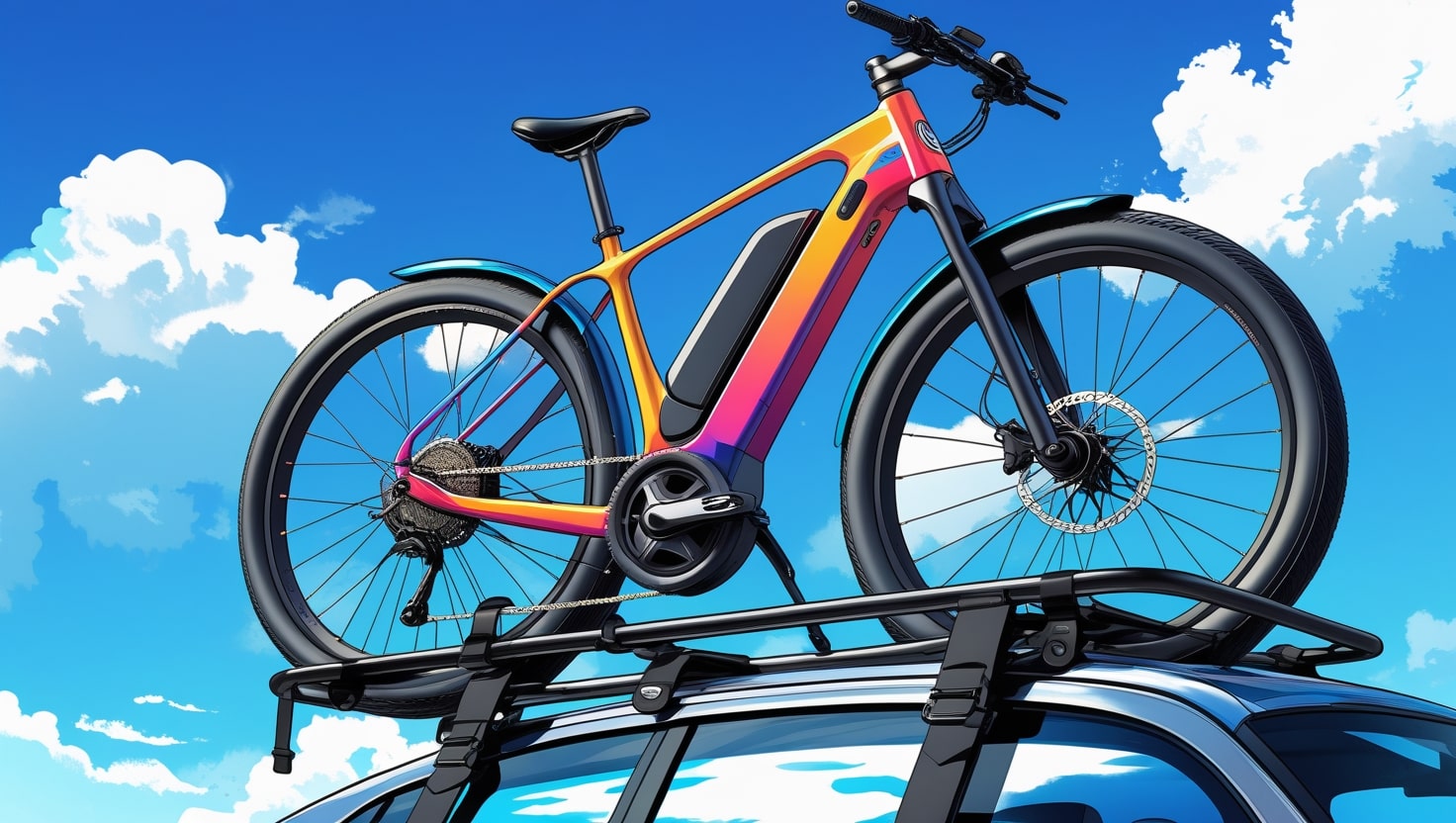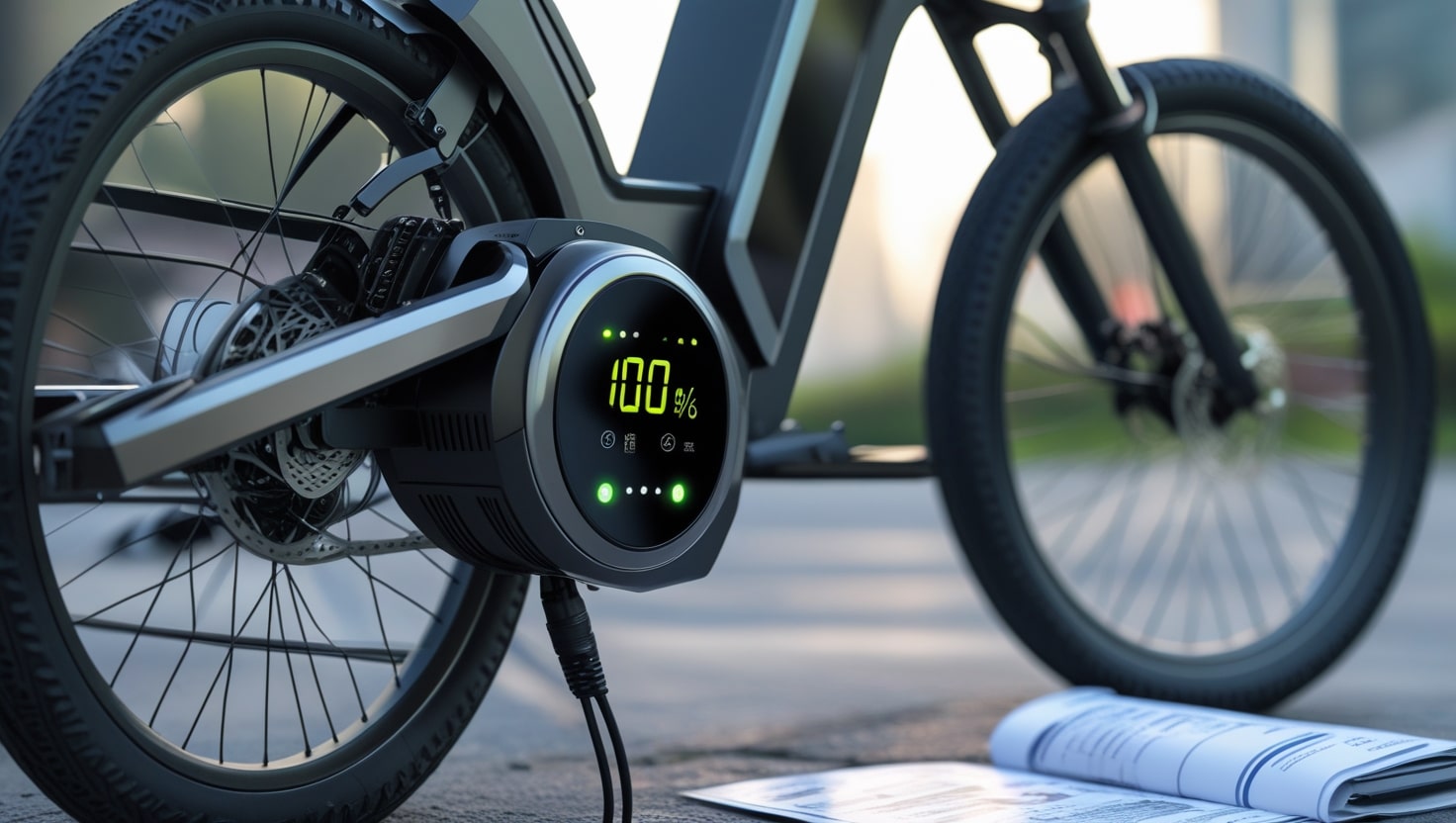When you see small motorcycles whizzing by, it’s easy to think about how much fun they look. I remember my first encounter with mini motorcycles; they were so compact and cute that I couldn’t resist wanting to take one for a ride. These pocket bikes have become quite popular because of their low costs and their ability to fit in tight spaces due to their size. However, many people wonder if they are legal on public streets. It’s important to dive into the details and dispel any misconceptions about the regulations surrounding these bikes.
The question of whether are mini bikes street legal on road is something every rider should understand before taking their pocket bike for a spin. Understanding the rules can save you from a lot of trouble and ensure that you’re on the right side of the law when you’re out enjoying the open roads.
Related Post: Can You Ride Dirt Bikes on the Road?
What Exactly Are Mini Motorcycles?
Mini motorcycles, also known as pocket bikes, are small yet mighty machines that can often be misunderstood due to their size. These bikes are gas-powered and built to transport just one rider at a time. When you see one, it might seem fragile because they only stand about two feet high and typically weigh 50 lbs, but they pack a punch with their significant power.
These little machines can reach impressive speeds of 40-50 mph, which is why they demand the same respect as their larger counterparts. They come in different engine sizes, ranging from 40cc to 120cc, though most models use an approximately 40cc capacity engine. This makes them versatile, from simple fun rides to more powerful models that can handle higher speeds.
While many of these bikes are gas-powered for faster speeds, there’s a growing interest in electric-powered options. These electric models are becoming increasingly popular due to their quieter operation and added environmental benefits. Whether you opt for the power of a gas-powered bike or the quieter, greener alternative of an electric-powered one, it’s clear these little machines offer much more than what meets the eye. Their range of abilities makes them more than just a toy—they’re vehicles worthy of respect on the road.
| Engine Size (cc) | Top Speed Range (mph) | Suitable Usage Scenarios | Notes |
|---|
| 40cc | 20-30 mph | Beginners, children, closed areas | Lower speed, ideal for controlled environments |
| 50cc | 30-40 mph | Closed tracks, private property | Faster, suitable for racing or recreational use in closed areas |
| 70cc | 40-50 mph | Intermediate riders, private property | Higher speed, best for riders with some experience |
| 100cc | 50-60 mph | Professional racing, closed tracks | Very fast, only for advanced or experienced riders |
| 120cc | 50-60+ mph | Professional racing, closed tracks | High performance, best for advanced and professional riders |
Related Post: Do Electric Bikes Need to Be Registered?
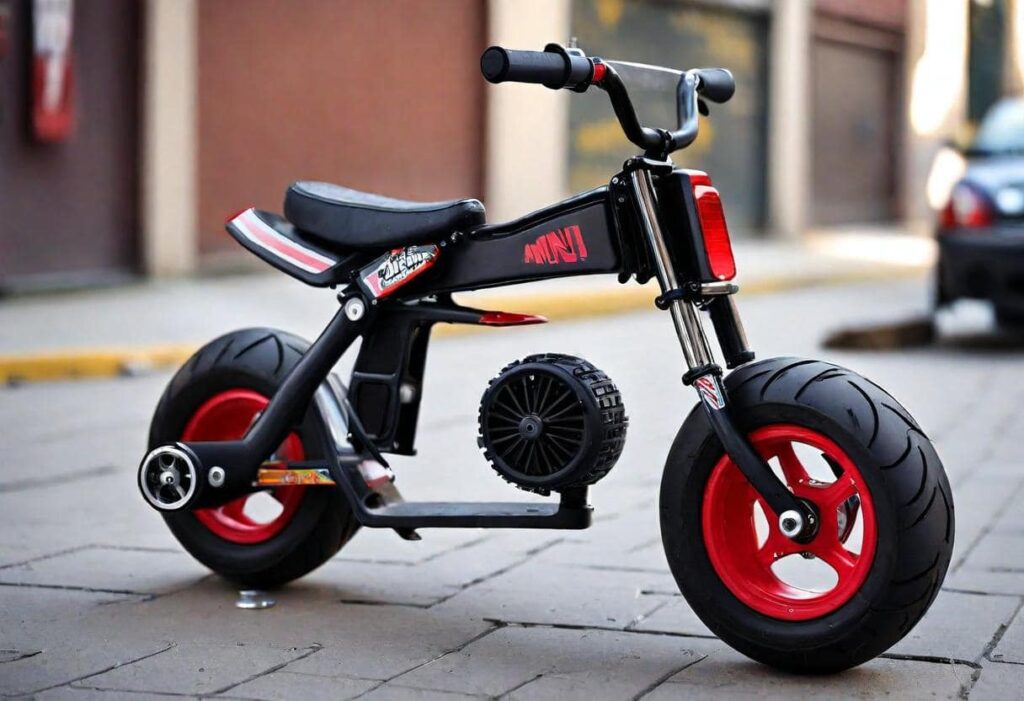
Motorcycle vs. Scooter: What’s the Difference?
It’s easy to get mini motorcycles and scooters mixed up because both have two wheels and rely on similar propulsion. However, there are important distinctions when it comes to their street legality. Mini motorcycles require you to ride with your leg over the bike, while riding mowers are designed more for speed, featuring engines between 40cc and 120cc. This gives them a specific performance level that differentiates them from scooters.
On the other hand, scooters feature an upright chassis with a step-through design and a convenient foot platform. They often have larger engines than mini motorcycles, typically ranging from 50cc to 250cc in capacity. These modifications make scooters more powerful and, as a result, they tend to become street-legal more quickly. The design and engine differences mean that scooters can navigate streets easier, while mini motorcycles are often seen as recreational or for specific use areas.
Understanding these differences is crucial when considering the legal requirements for riding on public roads. Depending on the type of vehicle, the street legality varies, so it’s important to know the rules to avoid any confusion or trouble while riding. Whether you’re riding a mini motorcycle or a scooter, knowing their characteristics helps you follow the law while enjoying the ride.
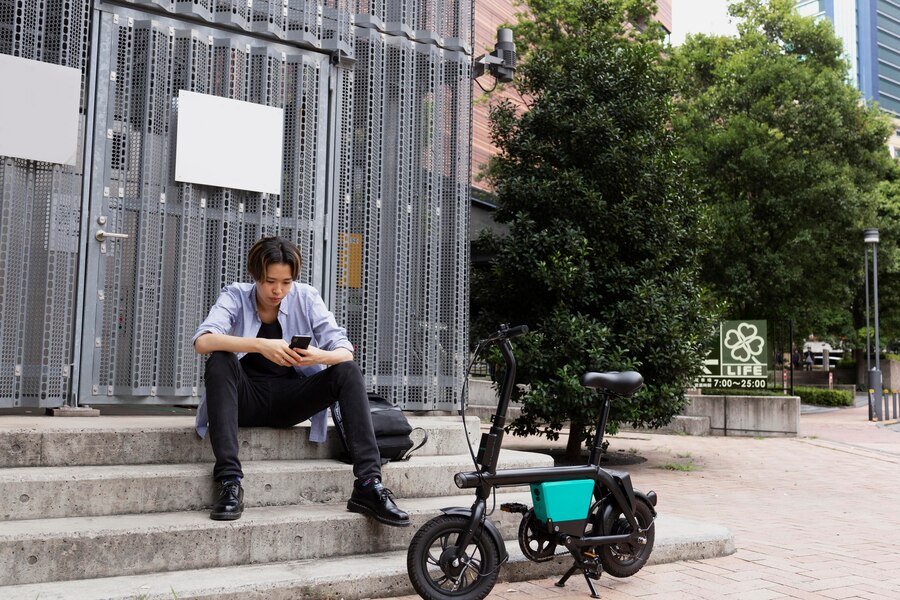
The Big Question: Are Mini Bikes Street legal?
The answers vary significantly depending on where you reside. In many states like Texas and California, there are stringent regulations that prohibit pocket bikes from being used on public roadways, including highways, sidewalks, and trails. These laws are meant to ensure safety, and in some states, mini motorcycles can only be ridden on private property.
However, there are exceptions. Some states allow electric bike riders to use public roads, provided they meet certain safety standards. For instance, Nevada law permits mini motorcycles to be legally ridden on public roads as long as they meet specific safety requirements, which include having headlights, brake lights, turn signals, mirrors, and horns. These additions help make the bikes safer and more visible to other drivers.
To make sure you’re following the rules, it’s crucial to understand the local laws where you live. Even if your pocket bike meets all the safety standards, you may still need to register it with your local DMV and obtain a motorcycle license to operate it legally. Without this knowledge, riding a mini bike on public roads could lead to fines or legal trouble, so always check what’s permissible in your area.
Related Post: How to Tighten a Bike Chain
| Country/State | Street Legality |
|---|---|
| United States | Mini bikes are not street-legal. Some states allow them on private property, while others prohibit their use altogether. |
| Canada | Mini bikes are not street-legal. They may only be used on private property. |
| United Kingdom | Mini bikes are not street-legal. They may only be used on private property. |
| Australia | Mini bikes are not street-legal. They may only be used on private property. |
| Germany | Mini bikes are not street-legal. They may only be used on private property. |
| France | Mini bikes are not street-legal. They may only be used on private property. |
Factors Affecting Street Legality of Mini Bikes
Minibikes are usually built for recreational purposes or as toys, making their legality on public roads a complicated matter. Whether a minibike is street legal depends on several factors, such as the model, engine capacity, and how the bike is intended to be used. In this section, we’ll take a closer look at the key factors that affect whether a minibike can be legally ridden on public roads.
Related Post: Do You Need a Motorcycle License in Texas?
Engine Size: The engine size of a mini bike is one of the most significant factors when determining its street legality. Many countries set limits on the engine size for street-legal vehicles. For example, in the United States, the maximum engine size for a street-legal motorcycle is typically around 50cc. If mini bikes have engines that exceed this limit, they are usually not street-legal. However, some countries like India and Thailand have higher engine size limits, allowing larger mini bikes to be driven on public roads.
Safety Features: Mini bikes are often designed for recreational use and may lack the necessary safety features required for street-legal vehicles. Many mini bikes do not have essential equipment such as headlights, turn signals, or brake lights, which are crucial for safe operation on public roads. In addition, they may not have rear-view mirrors, horns, or other safety features required by law. The lack of safety features can make it difficult for mini bikes to meet the safety requirements needed for registration and licensing as a street-legal vehicle.
Licensing and Registration: In most countries, any vehicles driven on public roads must be licensed and registered with local authorities. Mini bikes often do not meet these requirements for licensing and registration, making them illegal for public roads. However, in some countries, it may be possible to register a mini bike for use on public roads if it complies with the necessary safety requirements. That said, this process can be complicated and costly.
Noise Levels: Mini bikes tend to be loud, which can cause problems in residential areas. Many local authorities have noise regulations that prohibit the use of vehicles that exceed noise levels. If mini bikes are too loud, they may not be considered street-legal or may be restricted to specific designated areas.
Related Post: How to Get a Free Electric Bike
| Country/State | Engine Size Limit | Street Legality |
|---|---|---|
| United States | 50cc | Mini bikes with engines over 50cc are generally not street-legal. Some states allow them on private property, while others prohibit them. |
| Canada | 50cc | Mini bikes with engines over 50cc are not street-legal and may only be used on private property. |
| United Kingdom | 50cc | Mini bikes with engines over 50cc are not street-legal and may only be used on private property. |
| Australia | 50cc | Mini bikes with engines over 50cc are not street-legal and may only be used on private property. |
| Germany | 50cc | Mini bikes with engines over 50cc are not street-legal and may only be used on private property. |
| France | 50cc | Mini bikes with engines over 50cc are not street-legal and may only be used on private property. |
| India | 100cc-200cc | Mini bikes with engines within the limit of 100cc to 200cc are street-legal in India, subject to fulfilling specific requirements and permits. |
| Thailand | 110cc-150cc | Mini bikes with engines within the limit of 110cc to 150cc are street-legal in Thailand, subject to registration and licensing requirements. |
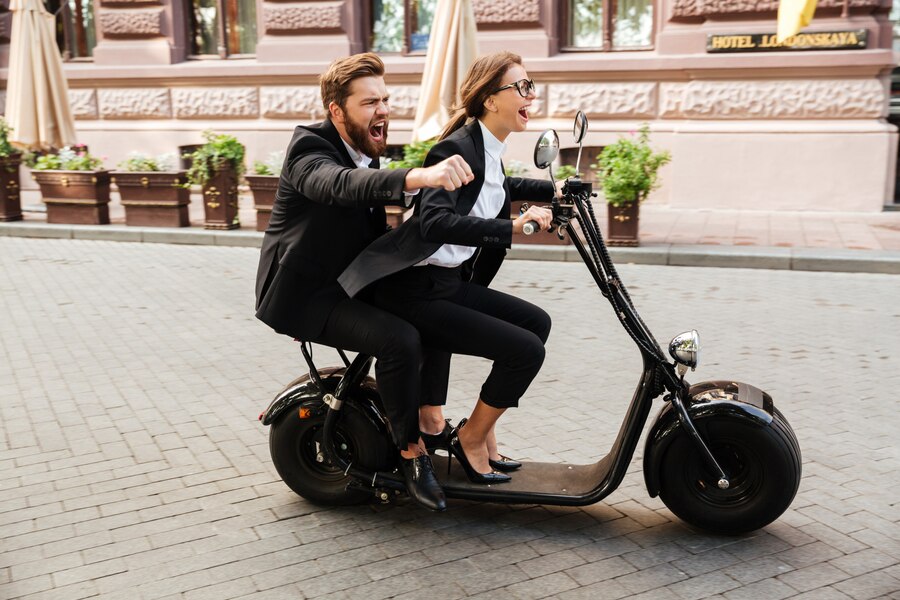
What About Electric Mini Motorcycles?
Electric mini motorcycles have become a popular travel method for those looking for quieter and more environmentally friendly alternatives. These bikes run on electricity, which might make them seem like an easy, eco-friendly option.
However, the rules for riding them on public roads are no different from those for gas-powered bikes. Just because a bike is green in its composition or has an eco-friendly aesthetic, doesn’t automatically make it street-legal. You still need to follow the same regulations as with any other type of vehicle.
While these electric models may offer lower maintenance and reduced environmental costs, they must meet all the necessary safety regulations that apply to their gas-powered counterparts. This means that, regardless of the power source, if your mini motorcycle doesn’t meet the legal safety standards, you won’t be able to ride it on public roads.
Related Post: What Is the Best 3 Wheel Electric Bike for Adults?
What Happens If You Break the Law?
Traffic Fines: If you’re caught operating an unregistered or unlicensed vehicle, fines will likely apply.
Bike Impoundment: Law enforcement may seize and impound your bike, and you could face a significant fee to retrieve it.
License Suspension: Repeated offenses could lead to your driver’s license being suspended.
Increased Insurance Premiums: Your insurance premiums might skyrocket if you’re involved in an accident, raising your insurance costs.
Civil Liability: Being involved in an accident could expose you to civil litigation, creating financial and legal trouble for both you and other parties.
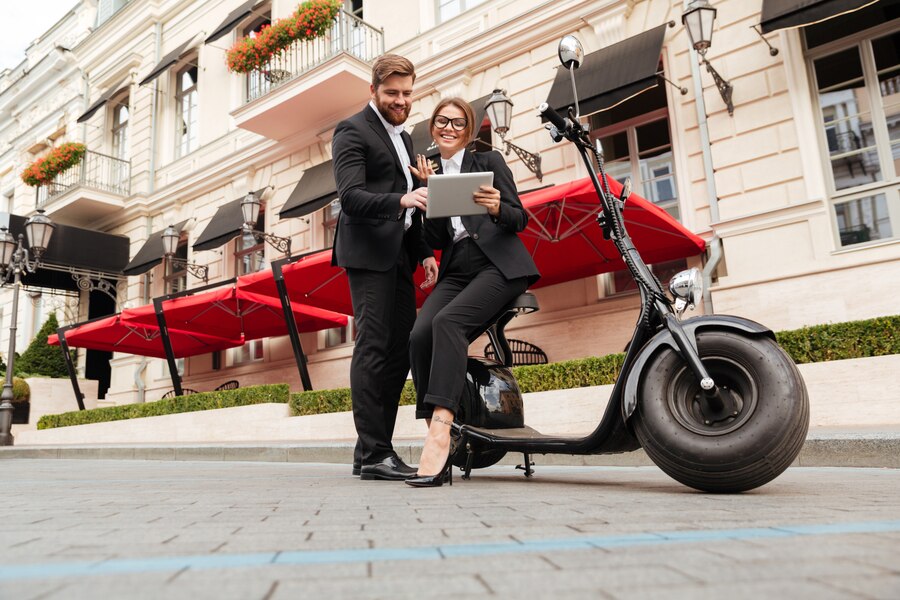
Mini Motorcycles: Fun, But Are They Worth the Risk?
Mini motorcycles can be an exciting way to get around, but when it comes to public roads, the risks often outweigh the potential rewards. Before purchasing one, make sure you fully understand the laws in your area. It’s often safer to consider riding on private property or designated tracks where you won’t face restrictions or put yourself in danger. These areas offer a controlled environment, allowing you to ride safely without worrying about road rules that apply to larger vehicles.
No matter what, safety should always come first when you’re riding, whether it’s a mini or a full-sized motorcycle. Wearing a helmet, staying visible, and understanding road rules will help protect yourself from harm. Being aware of how to stay safe on the road is essential for every rider, no matter the size of the bike. Always make sure you’re following the right guidelines to keep yourself and others safe.
Related Post: How to Get a Title for a Dirt Bike
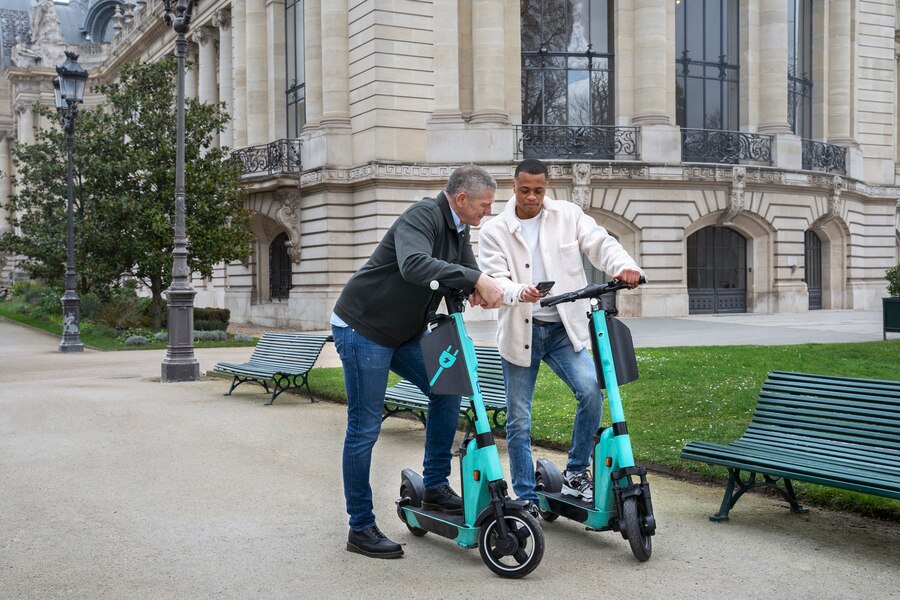
Conclusion
The street legality of mini bikes is a complex issue that depends on various factors like the specific model, engine size, and safety features. Additionally, licensing and registration requirements, as well as noise levels, play a significant role.
In many countries, mini bikes are not considered street-legal and are typically restricted to private property or designated off-road areas. Understanding these laws and regulations is critical, as they can differ widely based on your country or state.
It’s essential to consult local authorities and seek professional legal advice before operating a mini bike on public roads. Ignoring these laws and regulations could lead to serious legal penalties, including fines and even potential injury or harm to oneself and others. Whether you’re riding for fun or transport, always make sure you’re aware of the local rules to stay safe and avoid complications.
FAQs
Are mini motorcycles legal to ride on public roads?
In most states, mini motorcycles are not street-legal unless they meet certain specific safety requirements. This means that if you want to ride a mini bike on public roads, the bike must be equipped with features like lights, mirrors, and signals to ensure safety. Without these, your mini motorcycle cannot be considered legal for road use.
What are the risks of riding a non-street legal mini motorcycle?
Riding illegally on a mini motorcycle that isn’t street legal can lead to serious consequences. You could face hefty fines, and your bike might be subject to impoundment by law enforcement. Additionally, repeated offenses could result in the suspension of your license, making it difficult to get back on the road legally.
Can I ride an electric mini motorcycle on the street?
Yes, you can ride electric mini motorcycles on the street, but they must meet the same legal requirements as gas-powered bikes to be considered street-legal. This means the bike should have proper safety features like lights, mirrors, and signals, just like any other street-legal vehicle. Simply being electric doesn’t exempt it from the legal requirements, so make sure your electric mini bike is fully compliant before taking it on public roads.
Are mini bikes street legal?
Whether mini bikes are street legal depends on the specific model and local regulations. These bikes are often designed for recreational use and may not be suitable for highway use since they often do not meet the necessary requirements for street use. However, some states allow mini bikes to be registered and operated on streets if they have the required safety equipment such as headlights, taillights, turn signals, and other features. It is important to always check local regulations before operating a mini bike on public roads to ensure you comply with the law.
What is the definition of a mini bike?
A mini bike, also called a pocket bike, is a small motorcycle with a low seat height and a small engine. These bikes are typically designed for off-road use and are often used for racing or other recreational purposes. Mini bikes can run on either gas or electric engines, depending on the model.
What are the typical engine sizes of mini bikes?
Mini bikes are typically equipped with engine sizes ranging from 50cc to 150cc. These sizes determine the bike’s power and speed, making them suitable for different purposes like recreational use or off-road adventures. Depending on the engine size, a mini bike’s legal status on public roads may vary, so it’s important to know the specific regulations in your area before riding.
Are electric mini bikes street legal?
The street legality of electric mini bikes depends on the specific model and local regulations. In some states, electric mini bikes like the Droyd Weeler Electric Bike may be registered and operated on streets if they meet certain requirements. These include having a headlight, taillight, turn signals, and other necessary safety equipment. It’s always important to check local regulations before operating an electric mini bike on public roads to avoid legal issues.
Do mini bikes like X-Pro Zephyr Mini Bike need a license plate?
Whether a mini bike like the X-Pro Zephyr Mini Bike needs a license plate depends on the specific model and local regulations. In some states, mini bikes are required to have a license plate if they are operated on public roads. It’s always important to check local regulations before operating your mini bike on public roads to ensure you’re following the rules and avoid any legal issues.
Do mini bikes need insurance?
Whether mini bikes need insurance depends on the specific model and the local regulations. In some states, mini bikes are required to have insurance if they are operated on public roads. It is important to review local laws before riding your minibike on public roads to ensure you are complying with the laws and to prevent any legal issues.
Can mini bikes be ridden on sidewalks or bike paths?
Whether mini bikes can be used on sidewalks or bike paths depends on the specific local regulations.
In general, minibikes are not designed for use on sidewalks or bike paths and may be subject to restrictions.
It’s always important to check local regulations before operating a mini bike on public paths to ensure you’re following the law.

